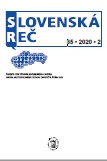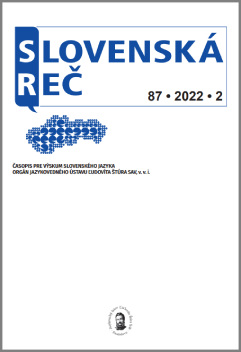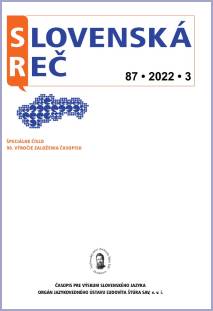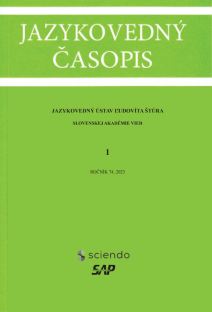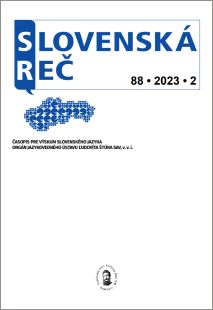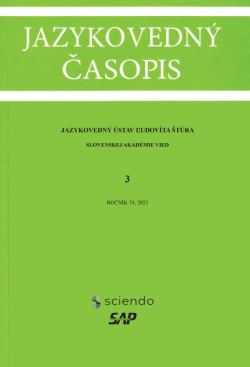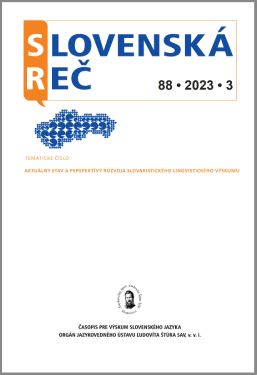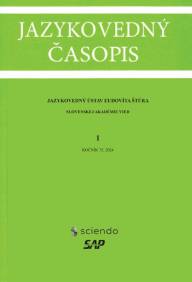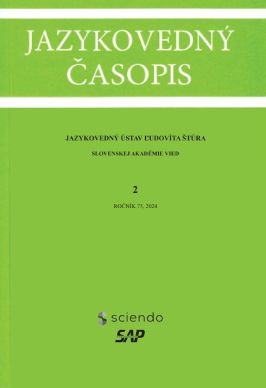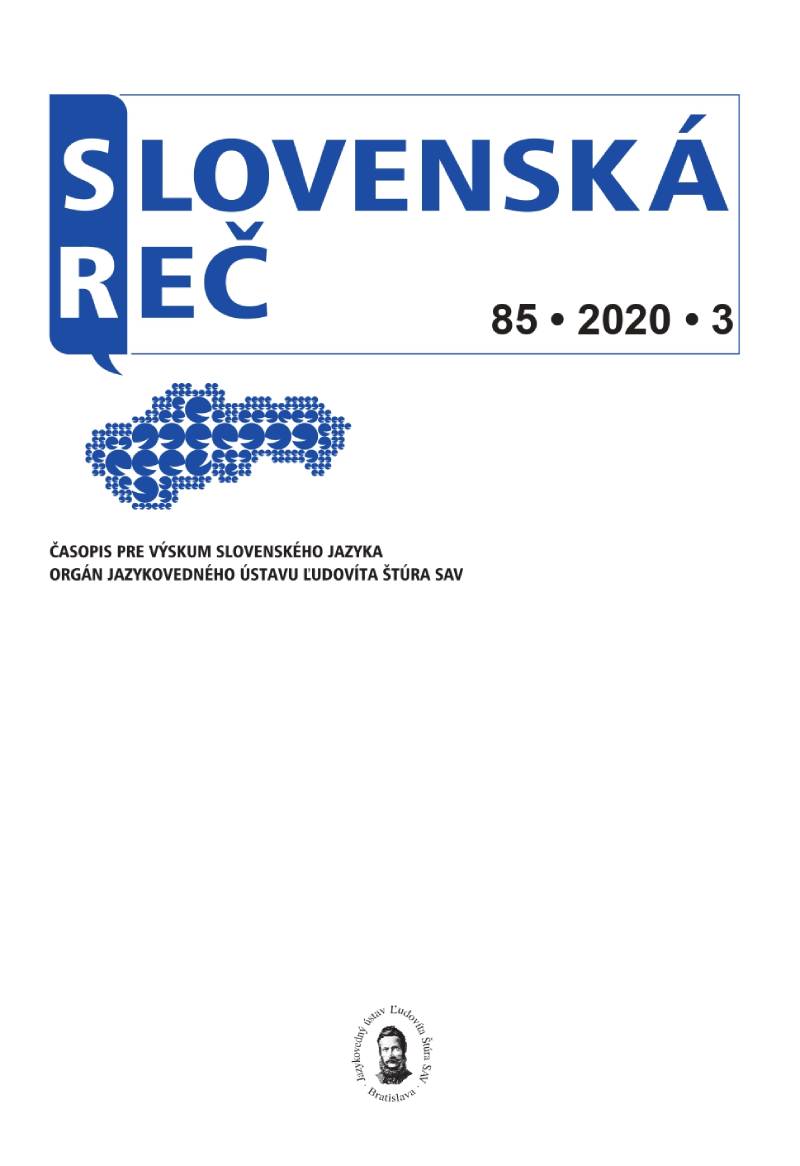
Konštruovanie významov v koronavírusovom diskurze
This study focuses on a comparative description and explication of certain phenomena associated with the use of language in coronavirus-related discourse which has occurred or been published in the mass media of Slovakia and Germany. One of the examined phenomena is discourse actors’ construction and reconstruction of meanings, specifically with regard to the expressions SARS-CoV-2 (koronavírus/Coronavirus), COVID-19, rúško/Mundschutz/mask, among others, primarily from the perspectives of the cognitive model of lexical meaning and xenolinguistics. The study also looks at the ways that the state (politicians, certain state officials) exercises its power in language interactions with the public.
More...
